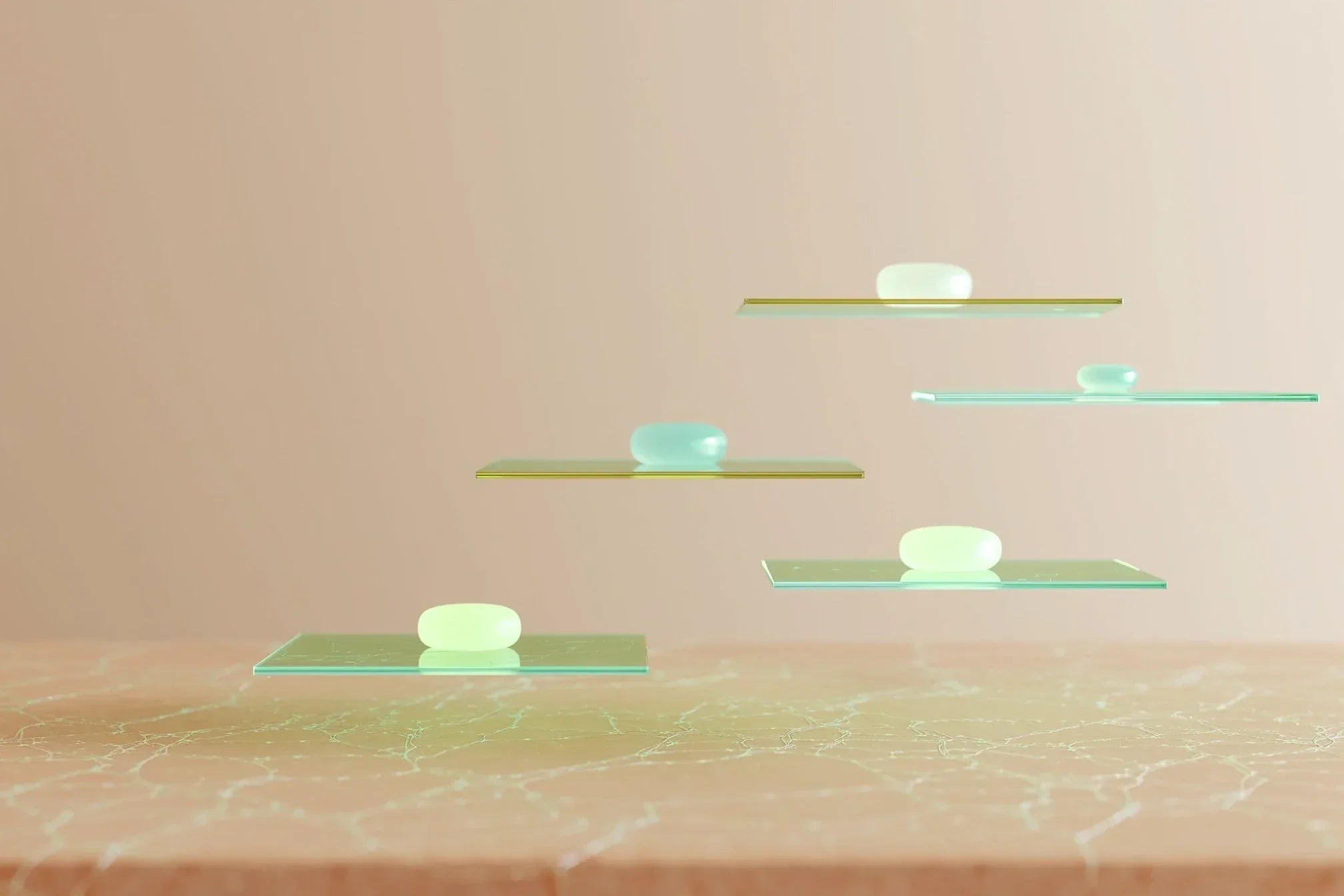Current Status: 1S-LSD Legal (October 2025) – Not yet formally prohibited by the Narcotics Act or the New Psychoactive Substances Act (NpSG). While a ban is planned, it remains legal to purchase and possess until the regulatory amendment is enacted.
Germany's approach to psychedelic substances reflects a complex interplay between public health concerns, scientific advancement, and evolving cultural attitudes toward consciousness-altering compounds. This comprehensive examination reveals a legal framework in transition, where traditional prohibitive policies increasingly encounter evidence-based therapeutic applications and growing international precedent for reform. The legal status of psychoactive substances in Germany is not a fixed state, but a quiet, ongoing dialogue between human curiosity, chemical innovation, and legislative frameworks. This is particularly evident in the history of LSD analogues, where each new molecule has prompted a considered legal response. This page serves as a reference to observe this history and
The LSD Analogue Chronicle: A Regulatory Evolution
The history of LSD analogues in Germany exemplifies the ongoing tension between chemical innovation and legal prohibition. This "cat-and-mouse game" has unfolded over nearly a decade, with each regulatory action prompting the development of new compounds designed to circumvent existing restrictions.
The first significant wave of LSD analogues appeared in the years following the NpSG's enactment. The history of LSD analogues in Germany can be seen as a chronicle of this adaptive regulation in practice. As one substance was brought within the NpSG's definitions, another would emerge with a slightly modified molecular structure, beginning the cycle anew.
-
July 2, 2019: 1P-LSD (1-propionyl-lysergic acid diethylamide) became widely known and was later captured under revised NpSG provisions.
-
July 2, 2021: 1cP-LSD (1-cyclopropylcarbonyl-LSD) emerged as a replacement and was subsequently included in the NpSG.
-
October 14, 2022: 1V-LSD (1-valeryl-LSD), also known as "Valerie," became available and was later prohibited.
-
March 2023: The wording of the NpSG was clarified, definitively covering and prohibiting 1V-LSD.
-
May 12, 2023: 1D-LSD (1-(1,2-dimethylcyclobutane-1-carbonyl)-LSD) was banned, marking what many considered the end of easily accessible legal LSD analogues.
-
June 14, 2024: The Federal Council passed an amendment to the NpSG, incorporating 1D-LSD, with the law entering into force on June 27, 2024.
-
June 2024: 1S-LSD (1-(3-(trimethylsilyl)propionyl)-LSD) emerged as the next alternative, with its unique structure initially placing it outside the existing NpSG language.
-
September 26, 2025: The Federal Council recommended a broader substance group text to encompass all LSD analogues, including 1S-LSD, a move that would have been close to a blanket ban.
-
October 1, 2025: The federal government rejected the general prohibition, citing constitutional requirements for legal precision. Instead, the plan is to issue a regulation specifically adding certain new derivatives, such as 1S-LSD, to Annex 1 of the NpSG. Until this comes into force, 1S-LSD remains formally legal, though its status is expected to change.
The Most Recent Chapter: 1S-LSD
In June 2024, 1S-LSD (1-(3-(trimethylsilyl)propionyl)-LSD) emerged as the next alternative. Its unique structure, incorporating a trimethylsilyl group, places it outside the existing language of the NpSG. Government sources have indicated clear plans to ban 1S-LSD through a regulatory amendment to the NpSG, with implementation expected by September 26, 2025.
The German government's October 2025 response to Bundesrat recommendations reveals ongoing policy tensions. While some legislators advocated for a comprehensive "blanket ban" covering all potential LSD analogues, the federal government rejected this approach, citing constitutional requirements for legal precision under Article 103 of the Basic Law. Instead, authorities plan targeted amendments adding specific compounds like 1S-LSD to existing prohibited categories. This approach - making targeted amendments rather than issuing a comprehensive "blanket ban" - is consistent with the government's adherence to legal precision required by the German constitution. Until then, its status remains unchanged. This timeline is a reflection of a complex and evolving relationship. It invites a continued, thoughtful observation of the intersection between chemistry, culture, and law.
The German Legal Framework: A Dual-System Approach
Germany's regulation of psychedelic substances operates through two primary legislative instruments that represent distinct philosophical approaches to drug control.
-
The Betäubungsmittelgesetz (BtMG) – Narcotics Act: This is Germany's traditional approach, which specifically lists prohibited substances like LSD itself. Under this framework, classic psychedelics including LSD, psilocybin, psilocin, mescaline, and DMT are classified as Anlage I (Schedule I) substances, designating them as non-marketable narcotics with no accepted medical use.
-
The Neue-psychoaktive-Stoffe-Gesetz (NpSG) – New Psychoactive Substances Act: Enacted on November 26, 2016, this law represents a more adaptive approach. Instead of naming single compounds, the NpSG defines entire classes of chemically related substances. This "substance group methodology" is the primary framework through which LSD analogues have been regulated. This dual approach emerged from the recognition that traditional drug policy could not keep pace with synthetic chemistry innovation. The BtMG's enumerative method required individual assessment and listing of each new substance, creating regulatory gaps that producers exploited through minor molecular modifications. The NpSG's group-based approach attempts to close these loopholes by defining prohibited structural categories rather than specific molecules.
Under the NpSG, violations carry different penalties than traditional narcotics offenses. While production and distribution remain criminal acts punishable by up to three years imprisonment (or ten years under aggravating circumstances), personal possession constitutes an administrative offense subject to fines up to €30,000 rather than criminal prosecution. This distinction reflects the recognition that users of novel psychoactive substances may require different treatment than traditional drug offenders.





